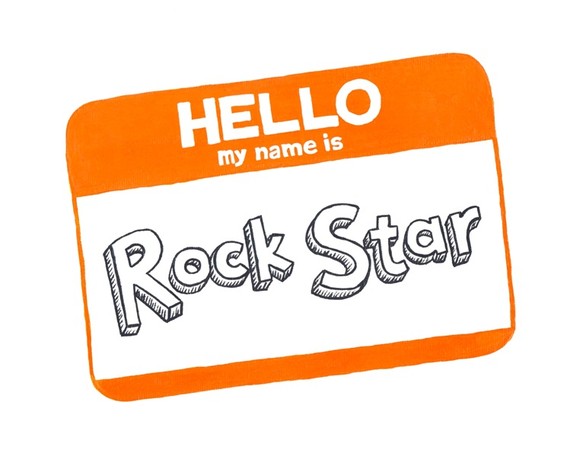Best of 2015: The culture of performance, and firing by form letter
NOTE: As 2015 winds down, so will 'regular' posts on the blog. For the next two weeks, I will be posting what I thought were the most interesting pieces I published in 2015. These were not necessarily the most popular or most shared, just the ones I think were most representative of the year in HR, HR Tech, workplaces, and basketball. Hope you enjoy looking back on the year and as always, thanks for reading in 2015.
Next up a piece from June, titled The Culture of Performance, and Firing by Form Letter, a simple example of how organizational culture (needs to) manifest itself in approaches to talent management.
The culture of performance and firing by form letter
Super look at just one of the ways that a 'performance is the only thing that matters' culture that is professional American football manifests itself over at Deadspin last week in the piece This is the the letter you get when you are cut from an NFL team.
Take a look at a typical player termination letter from one of the league's clubs, the Houston Texans:

A couple of things about the letter, and then i am out for the rest of a summer Monday.
1. First up, in a really hands-on job like 'NFL Player', physical ability to perform issues are number 1 and 2 on the 5 possible termination reasons. For the rest of us who are not NFL players, this could equate to keeping up our skills, learning new ones as business and technology shifts, and importantly, not 'faking' it in terms of what we say we can do.
2. Reason 3, and the one that this example from 2006 shows, says basically, 'You are just not good enough, i.e., the other guys on the team are better'. No details, no wordy explanations or nuances. Just a cut and dried 'You're not good enough.' That's cold, but again, completely aligned with the organizational values and culture. Performance trumps everything. Want a high-performance culture? Then you have to be ruthless in trimming the organization of people who don't meet the standard. And you as a leader can't let it bother you too much either.
3. The organization also has a broad right to terminate you for 'personal conduct that adversely affects or reflects on the club'. Heck, that could be just about anything, since it is the club who gets to evaluate the 'impact' of your behavior. In other words, we (mostly) care about your physical condition and your performance, but we can fire your butt for just about anything we want at any time. Heck, that sounds a lot like many of the places us 'normals' work too. Employment at will is a great deal for sure. Until you get fired, well, just 'because.'
Hiring, promoting, rewards, and even terminations all play a big role in defining, supporting, and communicating an organization's values and culture. If you are going to go all-in on high performance, well, you need to remember the dark side of that decision too.
And firing by form letter is one example of that.
Have a great week!
 2015 Rewind tagged
2015 Rewind tagged  8 Man Rotation,
8 Man Rotation,  Sports,
Sports,  culture,
culture,  performance,
performance,  talent
talent  Email Article
Email Article 
 Print Article
Print Article 


